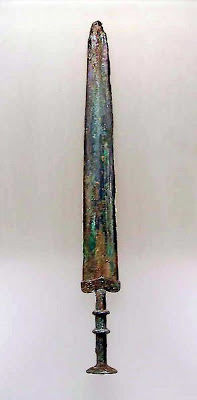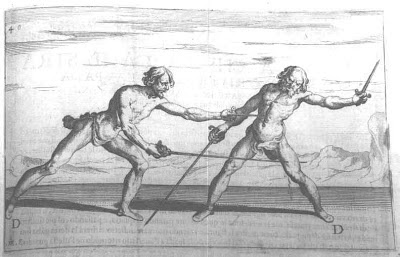There is a seasonal specialty - each spring the ranchers "nut" their calves to make steers. The
testicles are sliced thin, breaded and deep fried, served with ketchup and cocktail sauce. Calf fries, both as a menu item and as an event, are a seasonal
staple much like fish fries in the east, at fire department
fundraisers, Elks and Lions club smokers, church picnics, and Kansas State alumni banquets. Fresh calf fries are high end.
Just like it says
(Photo: J. Jacobs)
(Photo: J. Jacobs)
Finding healthy food under the circumstances becomes an act of considerable foraging. And, as you might imagine, regional specialties aren't always to everyone's taste.
Portland abalone
(Photo: Zane Kesey)
(Photo: Zane Kesey)
As I'd been living in Ulysses for the better part of a month and the exigencies of employment had interrupted my conjugal domesticity, my wife decided to spend her birthday with me among the drought-stunted wheatfields of Grant County. But as it was a special occasion (a reunion of sorts, a birthday) I was under considerable pressure to find a venue where the celebration could come off with some brio. It isn't every day one's mate marks her natal day, so the usual taco stand won't quite pass muster.
The Iron Horse suggested itself, largely because it's about the only place in town where you can't get TexMex, and where you're bound to see a good many citizens you know in passing. In fact it is a distillation of western Kansas social life - a large windowless metal pole barn, a cavernous dark interior lit by neon beer signs, a veritable pumping station in the Coors and Anheuser-Busch empires, a place where the jukebox plays only country western and is always in full voice, a space ringed with wide-screen TVs broadcasting any violence-laced reality program from cop chases to K-State football games.
The Iron Horse did not disappoint. When we walked into the dim cavern from the bright Kansas evening, the jukebox was already ramped up, the bar was packed, the rows of long church-supper tables were lined with families and large parties of grazing locals. We took the last open booth, right next to the pool tables and less than a dozen feet from a pay-per-play bar game I'd never seen before. A couple of pudgy young fellows were taking turns feeding quarters into a kind of stanchion in which a punching bag was suspended, the kind Sylvester Stallone punched in "Rocky XXVIII." They'd take turns whacking this punching bag - wwhaaapppp! - and the concussion would wash across our booth. On the wide screen above our table a program called "The World's Worst Tenants" was getting considerable
viewing attention (think "Hoarders" meets "Django
Unchained").
In short, everything was perfect. I suggested we start with a course of jalapeno poppers - jalapenos stuffed with cream cheese, wrapped in bacon and deep-fried - and then work our way into the main menu. Nothing deep-fried, she insisted, but entered into the spirit of the evening and the ambient carniverosity, forewent her quasi-vegetarianism and ordered a medium-rare steak, which she drizzled with A-1 sauce. Perfect touch, I thought.
Midway into the steak, Arlin, the omnipresent half-owner of this place, came from around the bar over to the table and introduced himself to the celebrant - "I'm Arlin, half-owner of this place. You must be his better half."
It was, I like to think, as nearly perfect as a birthday can get. I'll have to ask the birthday girl what she thought.

































.jpg)




